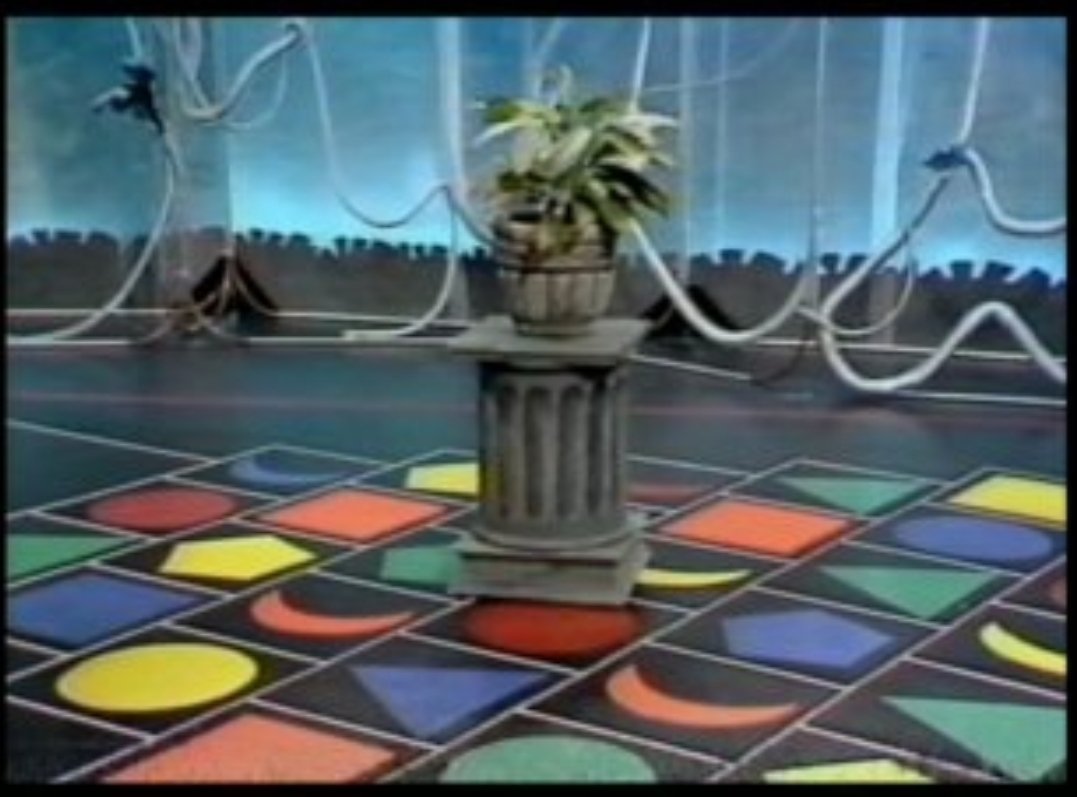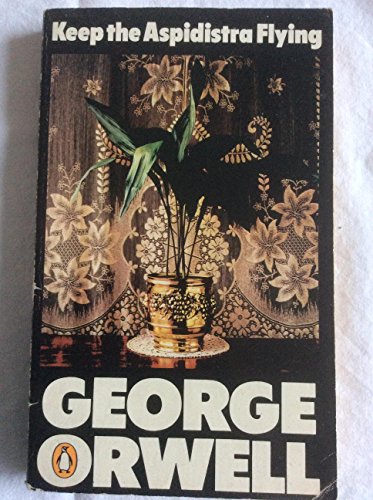

In fact he's mad on him." Of Keep the Aspidistra Flying Mailer said: "It is perfect from the first page to the last." Bragg said that he "just assumed Mailer had read Orwell. At that time I simply hadn't a book in me, but I was half starved and had to turn out something to bring in £100 or so." Orwell did not want either this book or A Clergyman's Daughter reprinted during his lifetime.įor an edition of the BBC Television show Omnibus, ( The Road to the Left, broadcast 10 January 1971), Melvyn Bragg interviewed Norman Mailer. Orwell wrote in a letter to George Woodcock dated 28 September 1946 that Keep the Aspidistra Flying was one of the two or three of his books that he was ashamed of because it "was written simply as an exercise and I oughtn't to have published it, but I was desperate for money.

In the New Statesman he wrote that it gave "a harrowing and stark account of poverty", and referred to its "clear and violent language, at times making the reader feel he is in a dentist's chair with the drill whirring". In the Daily Telegraph he described it as a "savage and bitter book", and wrote that "the truths which the author propounds are so disagreeable that one ends by dreading their mention".

George Orwell Literary significance and criticismĬyril Connolly wrote two reviews at the time of the novel's publication. Home Keep the Aspidistra Flying Wikipedia: Literary significance and criticism


 0 kommentar(er)
0 kommentar(er)
